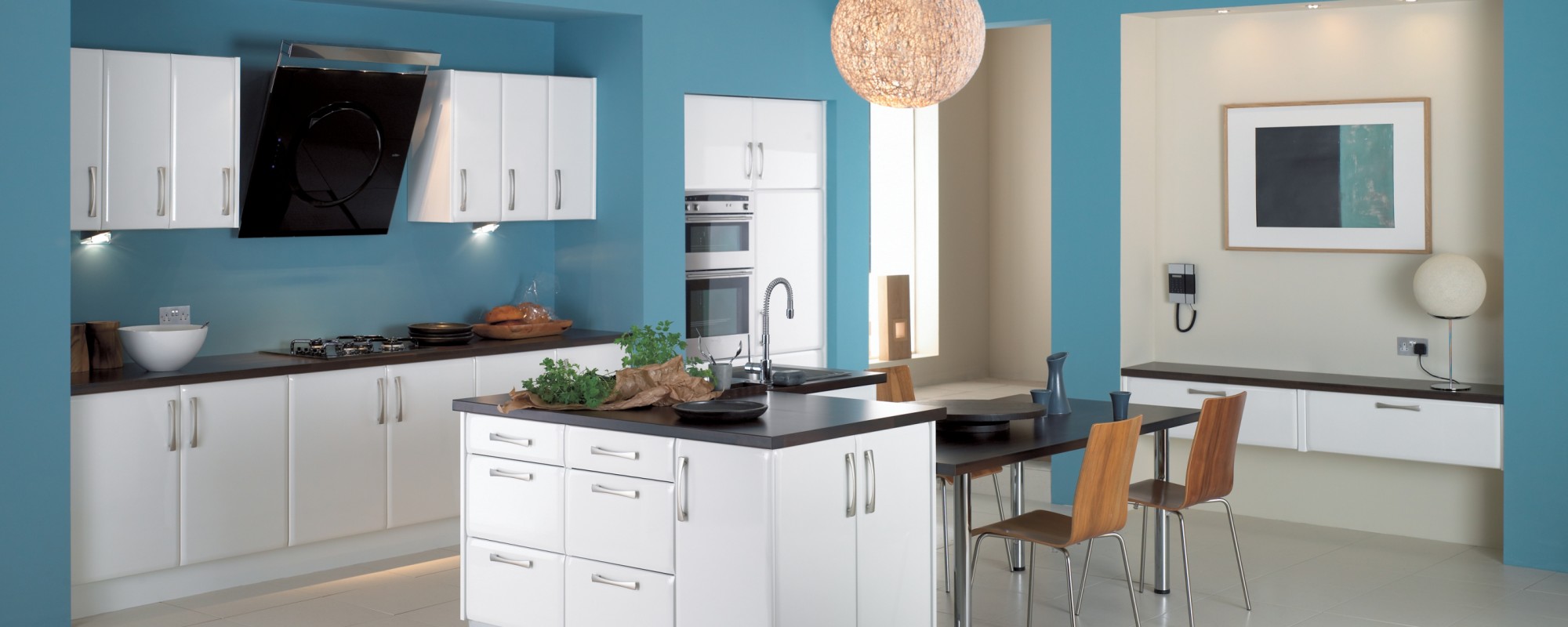
Tips To Prevent Kitchen Mold in New Jersey
Mold loves moist, humid environments and can be lurking in hidden places like beneath appliances, in cabinets, and under sinks. With the right conditions, your kitchen can be the ideal breeding ground for serious mold development. Taking the time to follow a few quick and simple tips can go a long way to prevent kitchen mold and avoid a costly mold contamination in your New Jersey kitchen.
Do you think you’ve stumbled upon mold growth in your kitchen? Let the mold removal professionals in NJ help. Mold Removal NJ
Control Humidity: With everything going on in the kitchen, humidity can easily build up without notice. Between cooking, doing the dishes, and various running appliances, your kitchen is a hub for moisture and potentially mold. Effective humidity control can be easy and make all the difference to prevent kitchen mold.
- Exhaust Fans– Always run exhaust fans when cooking. Cooking creates warm, moist air that can encourage mold growth. These fans will help transfer the moist air outside and away from the kitchen.
- Windows and Doors– Open up your windows and doors to encourage air circulation. The goal is to remove heat and moisture in the air through proper ventilation and air flow.
Minimize Moisture: The key to prevent kitchen mold is moisture control. Make sure your kitchen is dry and free of standing water by drying wet areas immediately.
- As you do the dishes or clean the kitchen, make sure you thorough dry all surfaces. Water can get into small spaces and provide adequate moisture for mold growth.
- Wipe up after spills immediately so the moisture does not get the opportunity to seep into any nooks and crannies.
- When cleaning your floors, be sure to check in hidden areas: under the refrigerator, behind cabinets, under the sink, under the stove, etc.
Check for Leaks: So many water sources and pipes run through your kitchen: Kitchen sink, various plumbing, refrigerator, ice maker, dishwasher, etc. If any of these water sources were to be compromised, you can easily suffer major water buildup that can and will lead to serious mold development. So make it a habit to regularly check your kitchen for leaks. A quick, thorough inspection of your kitchen can help you catch and address a leak in its early stages, which can help to avoid mold development further down the line.
Keep a Clean Space: Mold loves to feed on dead organic matter: dirt, dust, discarded food, etc. Taking the time to maintaining a clean kitchen will go a long way in helping to avoid a mold contamination. It can be as simple as emptying the trash regularly, doing the dishes immediately, and cleaning your appliances immediately.
Maintain Appliances: Routine checks of all your appliances will keep them running at optimum capacity. Poorly functioning appliances are at greater risk of malfunctioning and leading to problems like leaks.
- Garbage Disposal– Run your garbage disposal at least once day to make sure that all food and debris has been cleared. Linger food and scraps in that damp environment can stimulate mold growth. Try to clean your disposal a couple of times a month.
- Send citrus peels like lemon, lime, or grapefruit down the garbage disposal while running water. This helps clean the blades and freshen the disposal.
- Pour a handful of ice cubes down into the disposal followed by a cup of vinegar. This will help you loosen all of the built on sludge and reduce odors.
- Sprinkle about 1/4 cup of baking soda down the disposal followed by 1 cup of vinegar, the mixture will bubble which is great for loosening the stuck on sludge and the baking soda acts as a deodorant. Finish by running hot water down the disposal.
- Refrigerator– Clean out your refrigerator regularly. Throw away spoiled or expired foods, wipe down shelves, and drawers that have spills on them and get rid of any excess moisture.
- Check your water dispenser and ice maker– Be sure to clean your drip pans regularly to remove any standing water or bacteria that can promote mold growth.
- Check that your water dispenser and/or ice maker is running smoothly. If you detect any issues, address them immediately. A malfunctioning water dispenser or ice maker can bring in unwanted water.
Kitchen Mold Removal In Your NJ Home
If you discover mold development in your New Jersey kitchen, you should consider calling a professional NJ mold removal company to properly address the issue. Minor mold development on hard, non-porous surfaces can easily be taken care of with a little mild detergent, baking soda solution, or vinegar solution. However, if it seems to be extensive mold growth or you feel like it is an overwhelming amount of mold, call a professional to complete a comprehensive NJ mold inspection. The EPA advises that mold beyond 10 square feet of area should be handled by a certified mold professional.
If you are looking for a certified and experienced mold professional for mold removal and mold inspections in NJ, call 609-948-8844.


